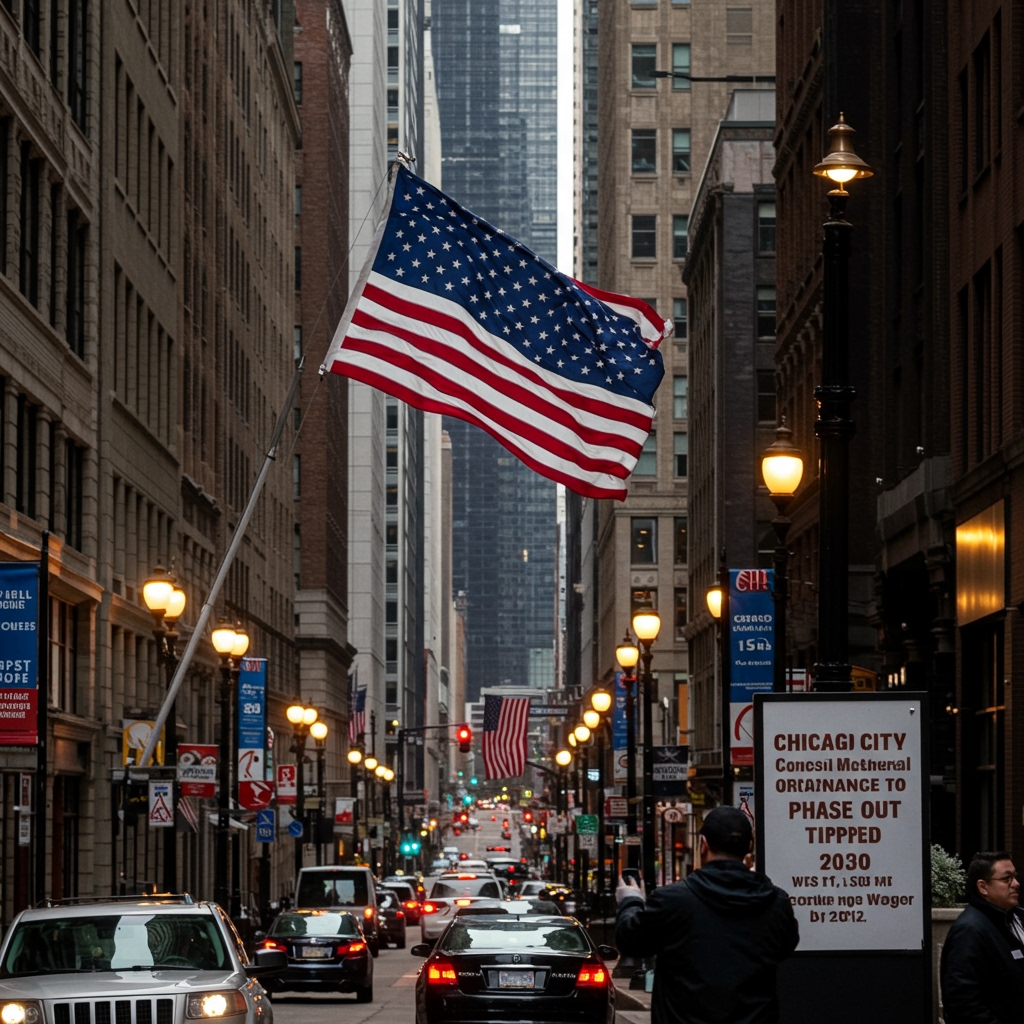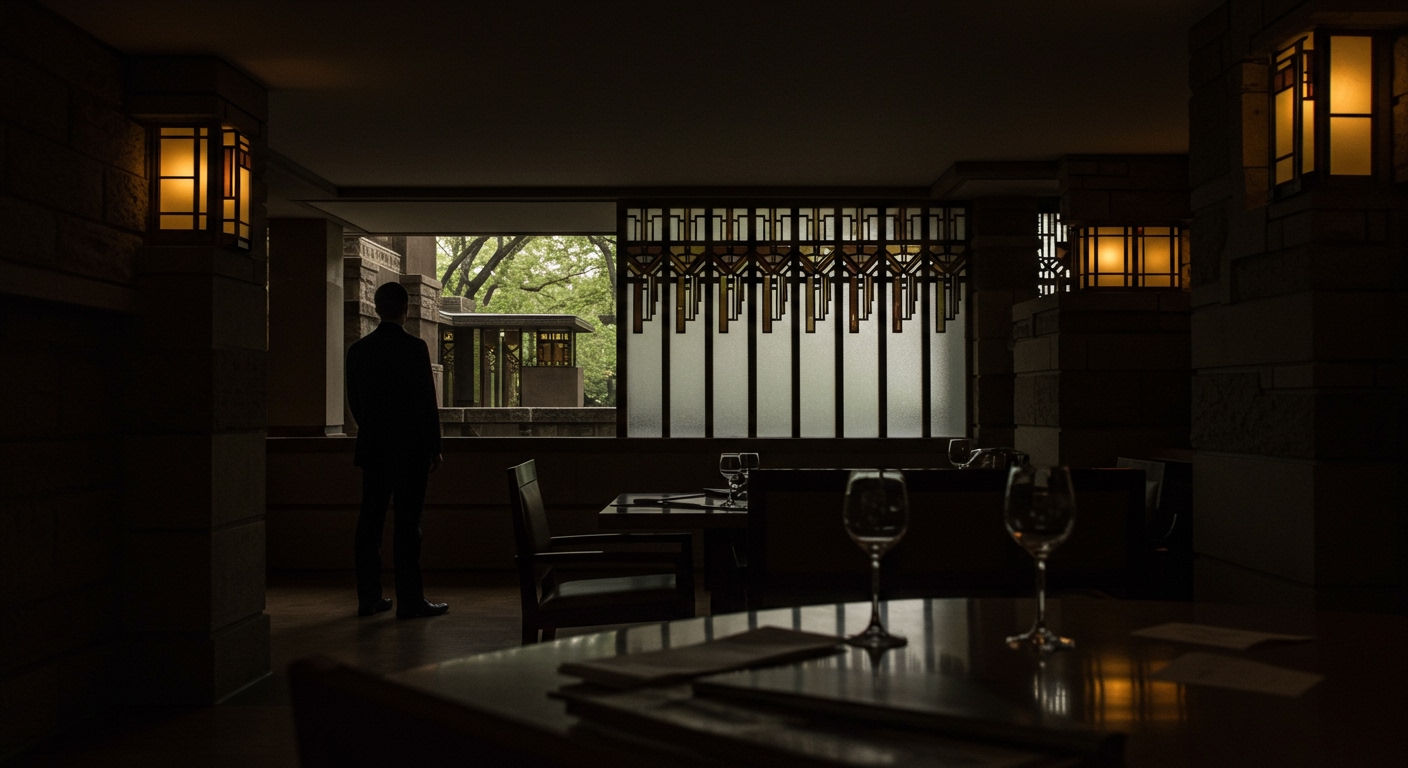CHICAGO – The Gale Street Inn, a cherished dining institution located in Chicago’s Jefferson Park neighborhood, has permanently closed its doors after serving the community for 62 years. The restaurant, a landmark on the city’s Northwest Side known for its signature ribs, steak, and seafood, ceased operations on Thursday, June 20, 2025.
A Farewell from a Chicago Fixture
Owner George Karzas made the announcement regarding the closure via the restaurant’s official website and Instagram account on the specified date. The news marked the end of an era for a establishment that had been a fixture in the Jefferson Park community since its opening in 1963. For over six decades, the Gale Street Inn cultivated a reputation for its classic American fare and a welcoming atmosphere that attracted generations of diners.
Citing Workforce Challenges
In his statement, Mr. Karzas cited persistent difficulties in hiring and retaining quality staff as the primary reason compelling the closure. This challenge, he indicated, has become increasingly difficult to navigate in the current economic climate.
The restaurant industry, both locally and nationally, has faced significant upheaval in recent years. The closure of the Gale Street Inn is highlighted as a stark example of the ongoing post-pandemic staffing challenges that continue to impact dining establishments across the board. Businesses have struggled with a combination of factors, including shifts in workforce availability, increased competition for labor, and evolving employee expectations regarding wages and working conditions.
The Impact on a Community Landmark
The Gale Street Inn was more than just a restaurant to many; it was considered a landmark, a place associated with family gatherings, special occasions, and consistent, comforting meals. Its closure leaves a void in the dining landscape of the Northwest Side, removing an establishment deeply embedded in the local culture and history for over half a century.
While the specific intricacies of the Gale Street Inn’s labor situation were not detailed beyond Mr. Karzas’s general statement, the broader industry trend points to a complex interplay of factors. Many former restaurant workers transitioned to other sectors during the pandemic lockdowns, and not all have returned. Those who remained or are entering the workforce are often seeking better pay, benefits, and work-life balance, putting pressure on businesses operating within tight margins.
Broader Implications for the Industry
The situation at the Gale Street Inn underscores the vulnerability of even long-standing, successful businesses when faced with critical operational challenges like labor shortages. It serves as a cautionary tale within the wider narrative of an industry attempting to recover and adapt in a post-pandemic world.
The loss of this Northwest Side landmark highlights the need for potential systemic solutions to the labor crisis impacting the hospitality sector, from workforce development initiatives to re-evaluating business models to ensure sustainability in a changing labor market. As Chicago navigates its economic recovery, the closure of institutions like the Gale Street Inn serves as a poignant reminder of the ongoing pressures faced by local businesses, particularly within the vibrant but challenging restaurant sector.















